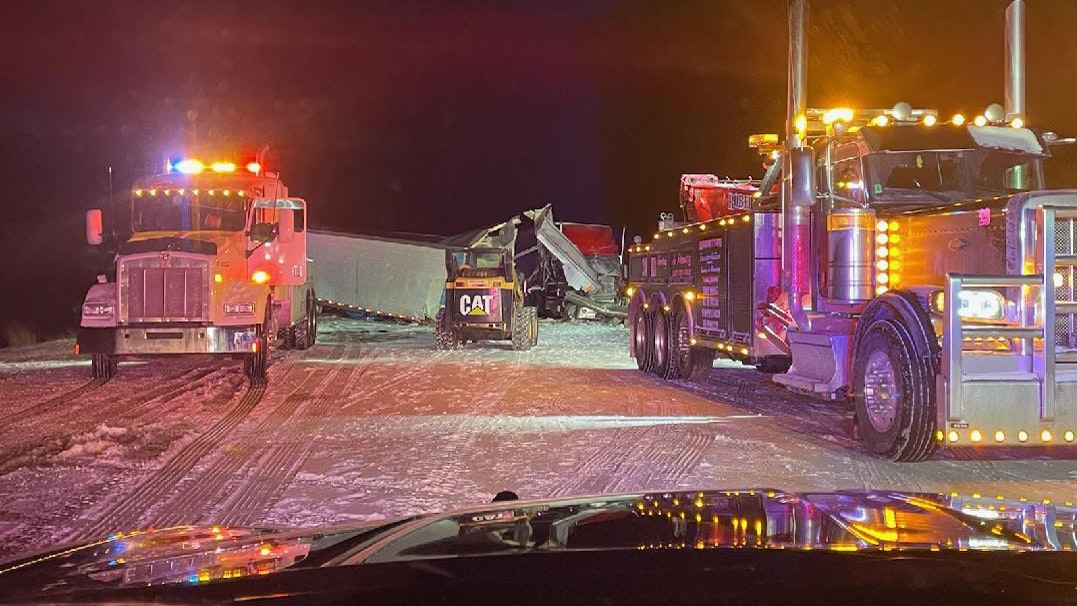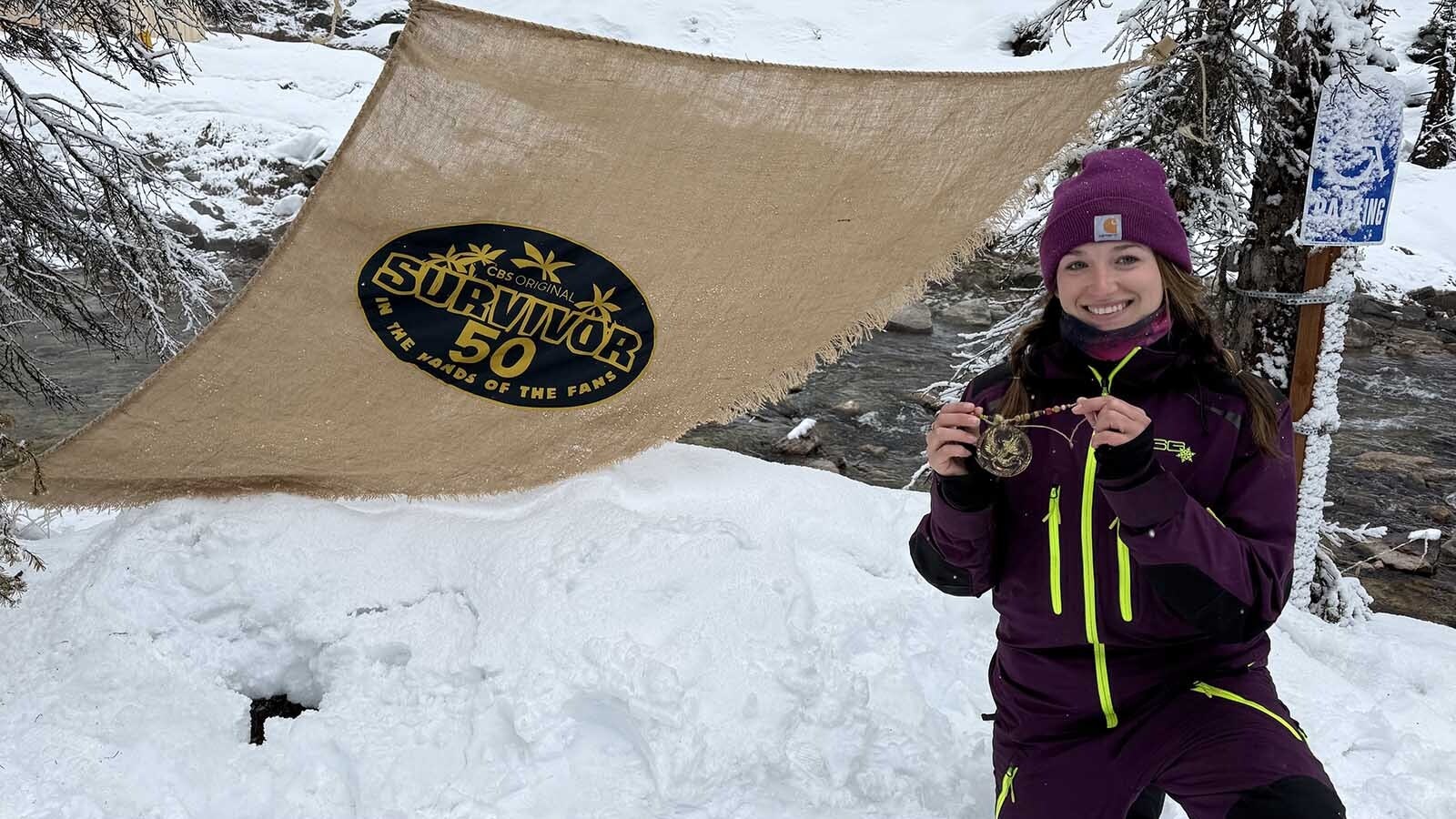CASPER — People in Wyoming are killing themselves, and a pair of Natrona County commissioners say the conversation about what many call a social crisis in the Cowboy State needs to get a lot more blunt.
That starts with not tapdancing around the action of suicide by saying people “commit” it, said Commissioner Jim Milne this past week.
“People are killing themselves in our community. Losing their lives in our community. Going out, feeling helpless and taking their lives,” he said. “All of us need to take some time, look at ourselves, look at our friends, look at our family, look at our neighbors and be involved with each other. That’s all it could potentially take to save someone’s life.”
Milne and Commission Chairman Peter Nicolaysen attended a recent presentation by suicidologist Kent Corso at Casper College.
A clinical psychologist and consultant, Corso has been hired by the state to help stem suicide numbers in six Wyoming counties, including Natrona County.
One of the messages that really opened Milne’s and Nicolaysen’s eyes was that people need to stop talking about those who “commit suicide” and instead say “they killed themselves.”
“Let’s be up front about it,” Corso said.
Meanwhile, a few blocks over at a Casper City Council meeting, councilman Ray Pacheco, a professional counselor, was imploring anyone watching his meeting who had thoughts about self-harm to take advantage of the resources in the city, seek help and call the suicide prevention help line 988.
“It’s very frustrating, and I don’t know where else to go with that. I want to continue to talk about it,” he said. “There are people fighting, people working and it’s something that we are talking about in our field and it is a very, very difficult situation and it’s a crisis that we have. Anyway it’s just kind of on my heart right now."
Two More In September
Statistics at the Natrona County Coroner’s Office show two more county residents this month were added to the 20 who have killed themselves through the end of August this year.
Corso said Wyoming and other states in the so-called “suicide belt” are undergoing a paradigm shift regarding suicide, which has been pigeonholed as a mental health problem, but in reality it is a cultural problem.
The suicide belt is made up of Wyoming, Arizona, Colorado, Idaho, Montana, New Mexico, Oregon and Utah.
“It’s a social issue, like homelessness or poverty or bullying, so we’ve got to do more than simply rely on the mental health and medical communities to fix the problem because they are doing everything they can,” he said. “It requires much more broad-scale community engagement.”
Part of that is recognizing the difference between using clinical terms to describe suicide and be up front about it — it’s people killing themselves. Saying it that way may come off as shocking, but it’s important to change how people think of it.
One of the things Corso’s research has long shown is that describing someone as having “committed suicide” is unhelpful, he said.
“So, part of the goal of our program is to help people start using language differently,” Corso said. “When we use the words ‘committed suicide’ we are making it harder for those in distress to seek help.”
The words “commit” and “committing” typically bring to mind crime or sinning, carry judgment and can prevent people from seeking help, Corson said.
More helpful when talking with those thinking about self-harm is to use terms such as “kill yourself,” “end your life” or “die by suicide.”
“So, we talk about 22 people in Natrona County who have died by suicide this year versus committed suicide,” he said.
Corso said his research shows that suicide reduction tactics need to look different in every area of the country. And much of his work is in the Mountain West, Alaska, Canada, England and Ireland.
Wyoming Culture
In Wyoming, the values of individualism, independence and self-help — as well as the long miles between communities — are factors in putting the state near or at the top of the nation’s suicide rates.
Lack of access to health care and a tendency to wait until a crisis develops before seeking help also contribute to the high rate of people killing themselves, Corso said.
Because there are cultural values around independence and self-reliance, Wyoming residents may consciously or not view their lives the same way a cowboy views a work animal gone lame.
“When you think about a farmer or rancher who has some sort of working animal on their farm that stops performing, what do they do with it?” Corso asked. “They take them out back and shoot them. And I have heard people in that part of the country say, ‘Look, if I can’t perform, if I stop doing my job and can’t do it anymore, you should take me out back and shoot me.’”
He said there some who go through life with the thought that they have a job to do, are supposed to perform and produce whatever that role is, then “when it’s time for us to go, it’s time for us to go.”
In Wyoming, Corso said faith groups need to be “an important part of the solution” because those groups are part of the culture.
Corso’s message hit home for Nicolaysen.
He said additional training is being planned for the coming year. The county board plans on talking about mental health at its next meeting Oct. 1.
“Our statistics in this county are worse that what you’ve heard. People are killing themselves in a moment of desperation, wanting to be out of pain, and not having a place to go, a person to call,” Nicolaysen said. “It’s a sad state when our mental health and our lack of focus on this issue has such a dramatic impact.
“Please do keep talking about it, and please do what you can to help our community be a lot stronger.”
Dale Killingbeck can be reached at dale@cowboystatedaily.com.





